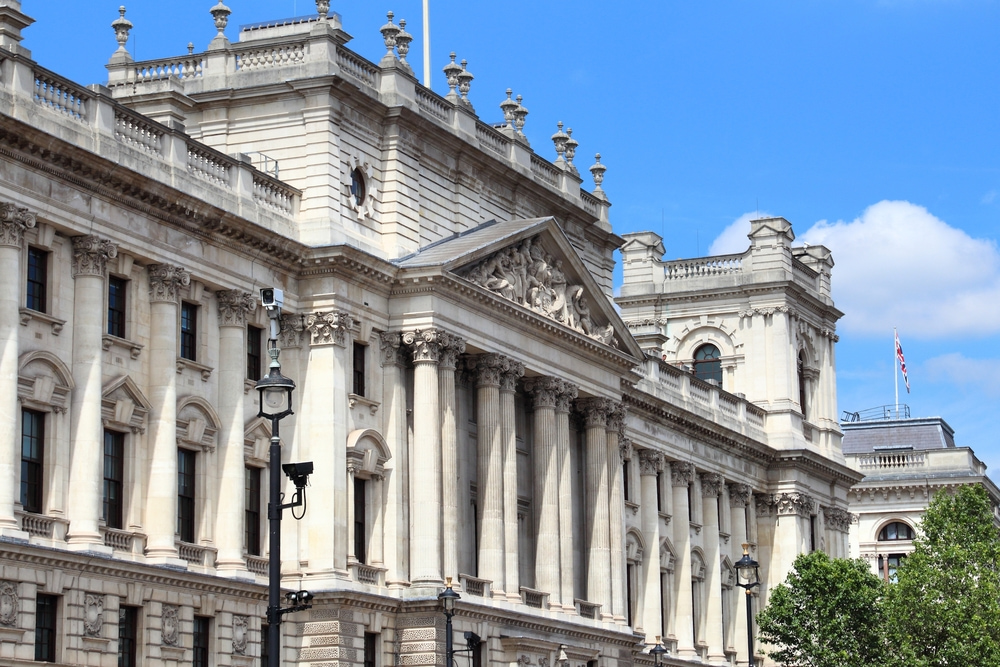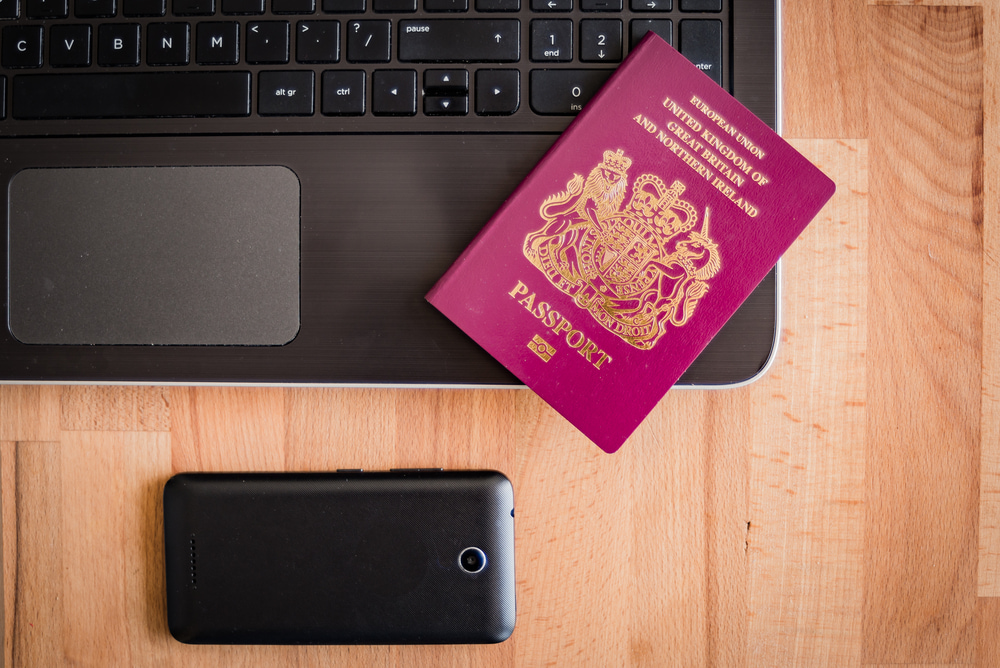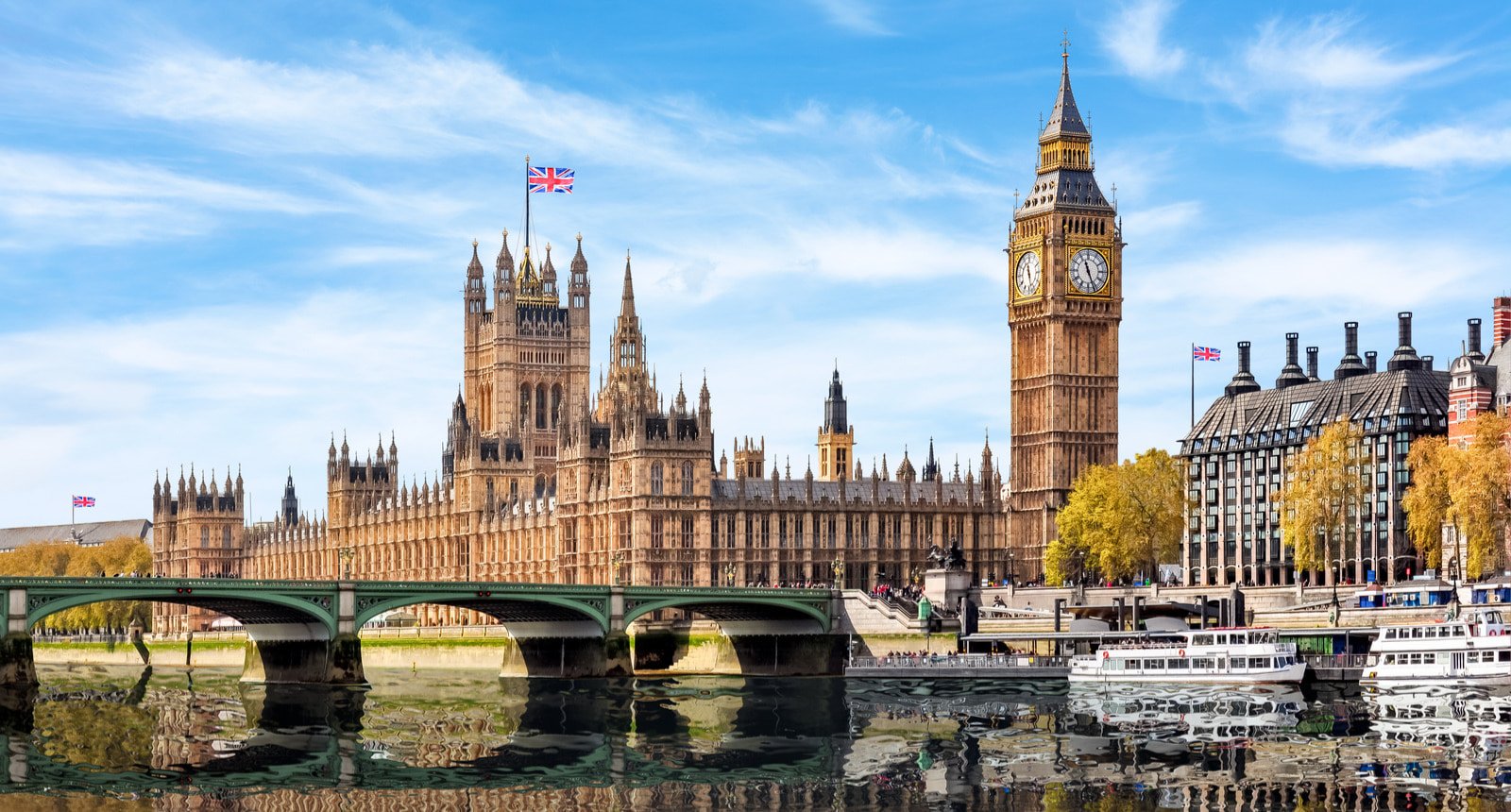Days
Hours
Minutes
Seconds
May 1 2026 - Renters' Right Act Commencement Day
You have 0 days to:
Serve any final Section 21 notices
Stop accepting above-asking rent offers
Prepare for the rental bidding ban
Remove “No DSS” from adverts
Remove “No Children” from listings
Show one clear rent price
Stop using fixed-term agreements
Switch to periodic tenancy templates
Check which tenancies go periodic
Stop taking rent before signing
Take no more than one month’s rent
Move all evictions to Section 8
Train staff on new notice rules
Create Section 13 process flow
Add two months to rent reviews
File court claims for Section 21s
Update landlord move-in grounds
Update landlord selling grounds
Send the RRA Information Sheet
Create written terms where missing
Update How to Rent processes
Review tenant screening questions
Update pet request processes
Stop backdating rent increases
Discuss rent protection backbooks
Act now before it is too late...
Homes for Ukraine: A guide for landlords and agents
The government has launched its UK-wide 'Homes for Ukraine' scheme. Here's how landlords, tenants, and letting agents can help support the initiative.
The Goodlord team
Mar 22, 2022
The government has launched its "Homes for Ukraine" scheme, allowing those in the UK to open up their homes to welcome people from Ukraine. Although the government guidance is new and still evolving, here's a breakdown of what we know so far about how landlords, agents, and tenants can get involved, covering:
- What is the "Homes for Ukraine" scheme?
- How does the scheme work?
- Can a tenant or landlord be a sponsor?
- What other eligibility checks will be made for the scheme?
- How will the scheme affect right to rent checks?
- What happens at the end of the arranged period?
What is the "Homes for Ukraine" scheme?
"Homes for Ukraine" is a government-led initiative which allows individuals to welcome Ukrainian refugees and their immediate families into their homes or other properties that they own, rent-free. The government will then compensate any of these individual sponsors with £350 a month per residential address, for a maximum of 12 months.
How does "Homes for Ukraine" work?
Anyone in the UK with at least six months' leave to remain and with a spare room or self-contained accommodation that's safe, heated and free from health hazards; that gives your guests adequate access to bathroom and kitchen facilities; and that they can offer for at least six months can register to be a sponsor in the scheme.
Ukrainians applying for a home through the scheme must have been a Ukrainian resident before 1 January 2022. They can also apply for their immediate family members to join them.
Initially, the government will help to support the scheme for "named individuals" - for those that already have a contact and connection in the UK.
The government has said that it will work with charities and other community groups to help match people from Ukraine with people who want to sponsor even if they don't have a direct connection. If your tenants or landlords want to get involved, they can register their interest to receive updates.
Can a tenant or landlord be a sponsor?
A tenant can be a sponsor, but they will need to ask for your or your landlord's permission first, and evidence of this permission will be checked as part of the scheme.
Both landlords and tenants will also need to check how this may affect any insurance they hold, and landlords that would like to register as a sponsor or with a tenant acting as sponsor should also notify their mortgage lenders.
What other eligibility checks will be made for the scheme?
Landlords and tenants offering a room or self-contained accommodation will have to pass eligibility checks, which will include a home visit, and adults in the household will need to pass a Disclosure and Barring Service check.
Any applicant from Ukraine accepted on the scheme will have completed the visa application process, with the associated police and antiterrorism security checks.
How will the scheme affect right to rent checks?
Propertymark believes that right to rent checks don't need to take place as "no rent is being charged" - however, this has yet to be officially confirmed by the government.
People arriving in the UK under the scheme will be given three years' immigration permission, which gives them the right to access benefits and work for that period of time.
Anyone who successfully applies through the scheme will receive an official permission letter to show when they enter the UK, where their passports will be endorsed for a six-month period. To extend this to the full three years, they will then need to submit their biometrics before the six-month period ends to obtain a Biometric Residence Card.
What happens at the end of the arranged period?
You can continue to offer the accommodation beyond the initial six months, but if you don't wish to continue, you should ensure you give at least one months' notice to your guest(s).
When the sponsorship period ends, your guest(s) can still choose to rent privately. Those coming to the UK under this scheme will have access to housing benefits, can choose to find a job as well, and the guidance confirms that they will also have the right to rent a property "like anyone else."
This article is intended as guidance only and does not constitute legal advice. You can find more information about the guidelines as they develop on the government's site.





